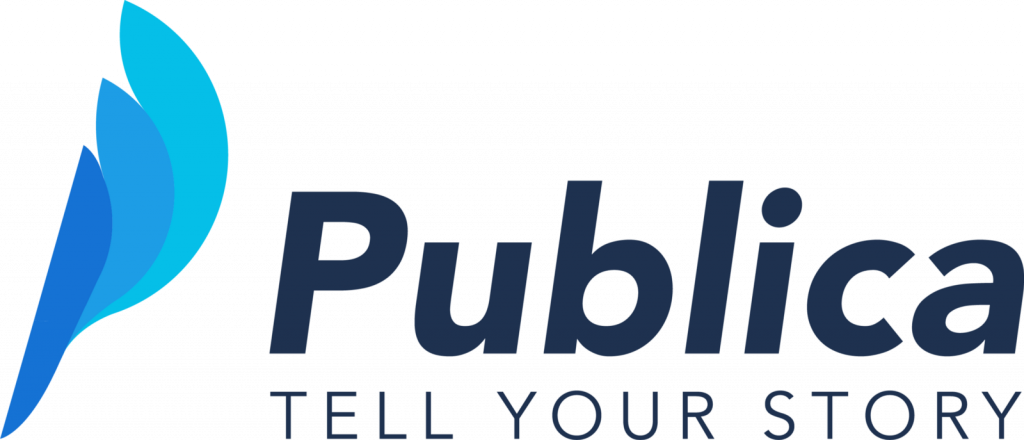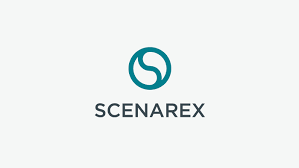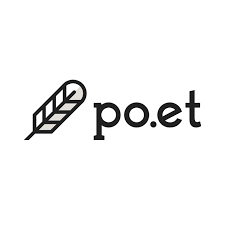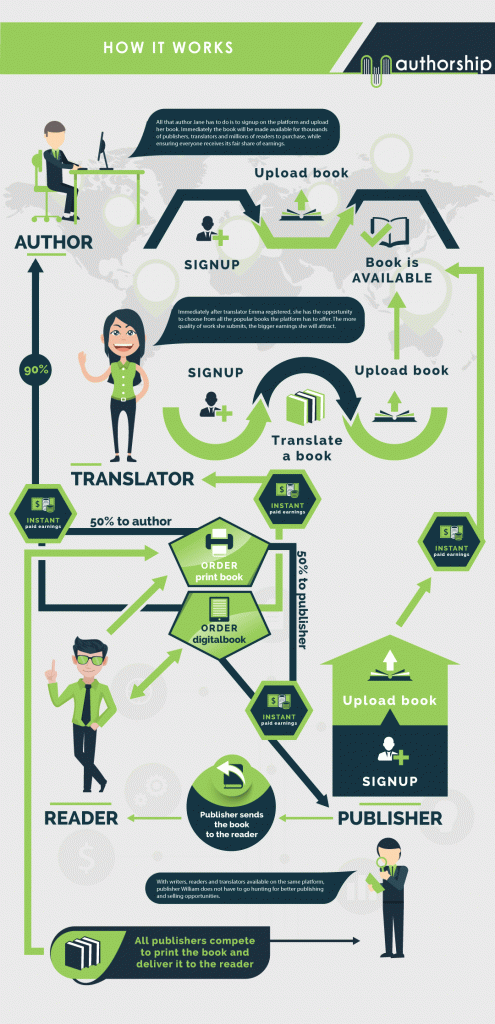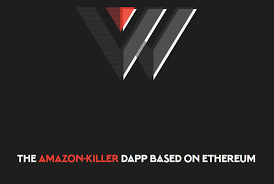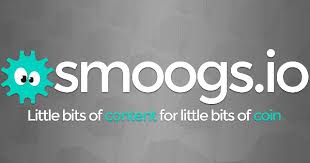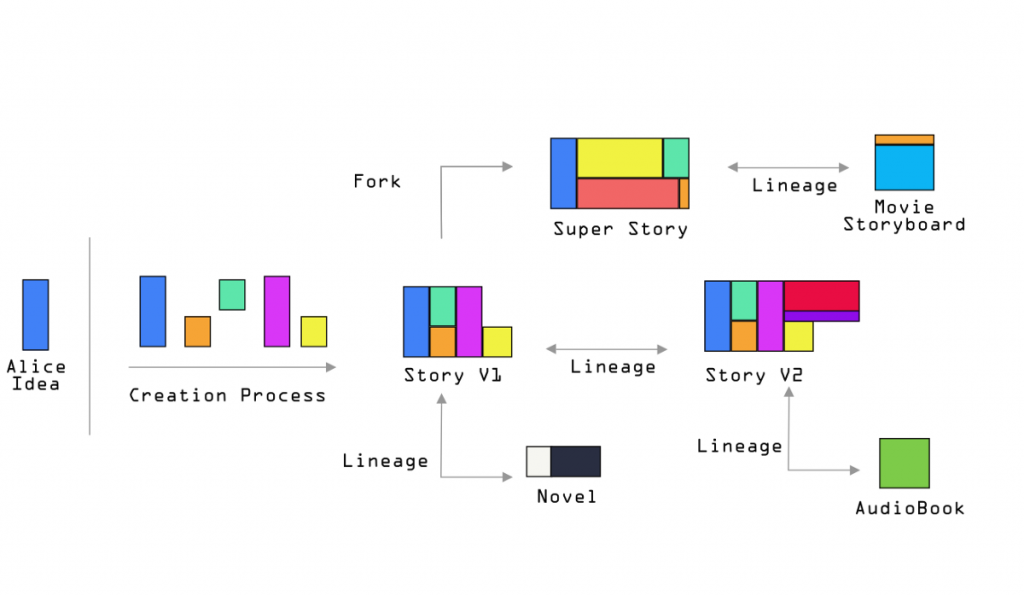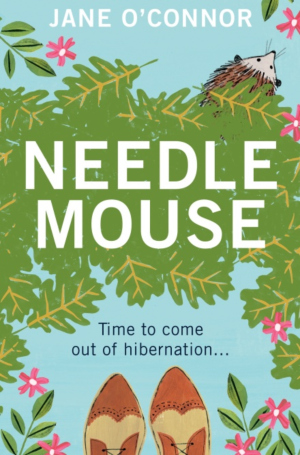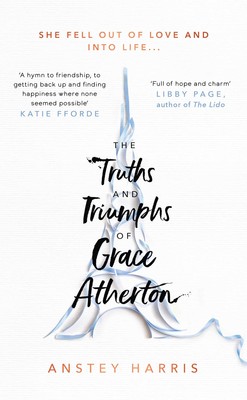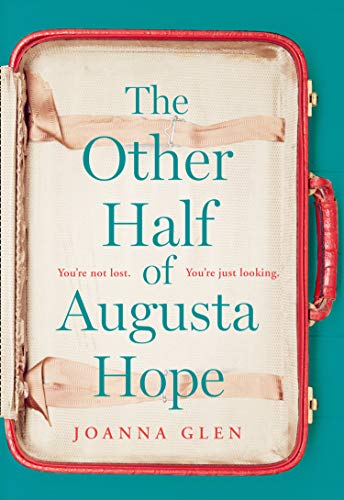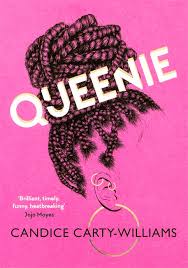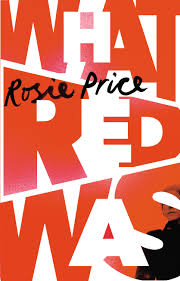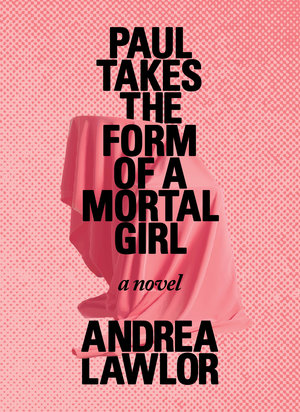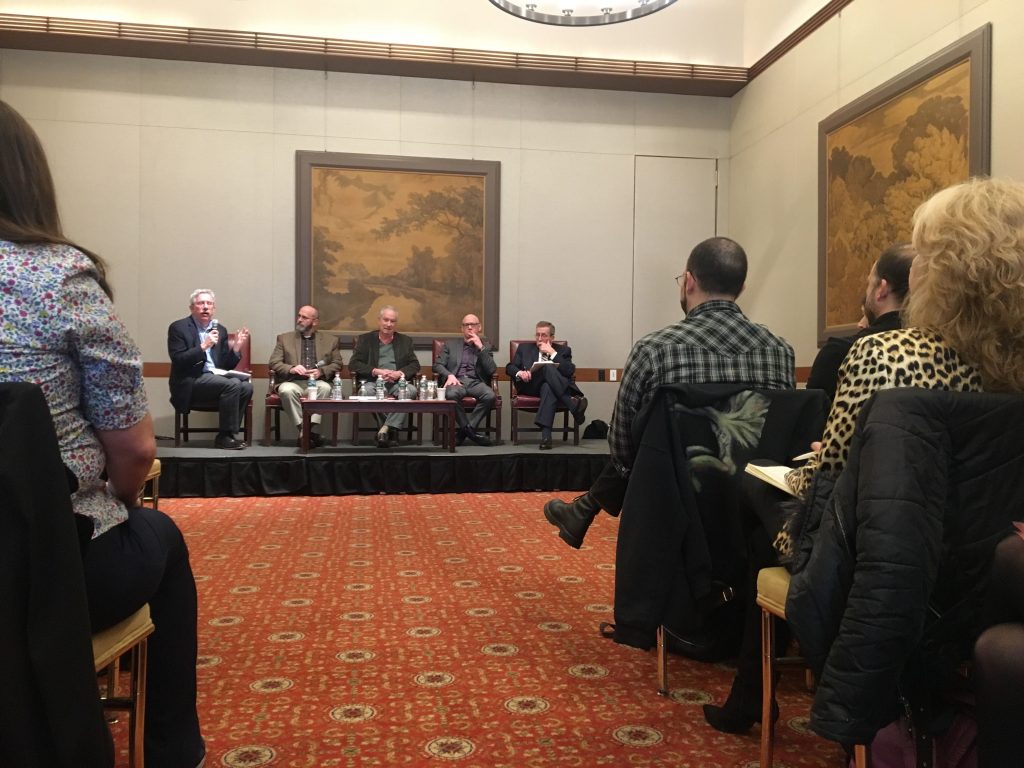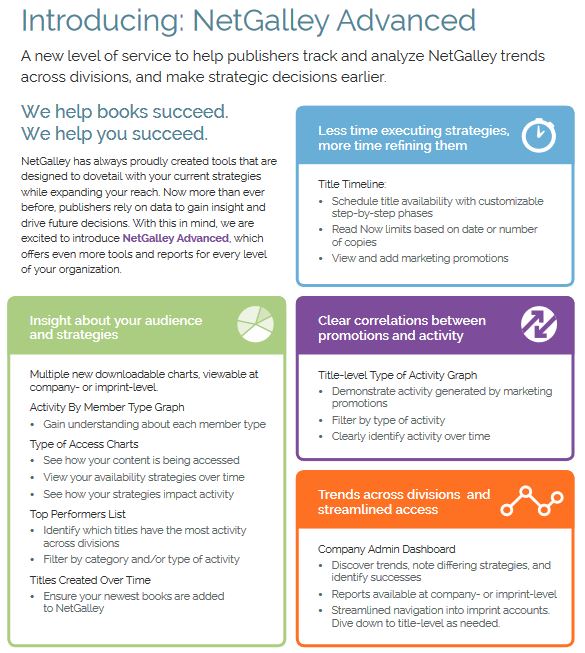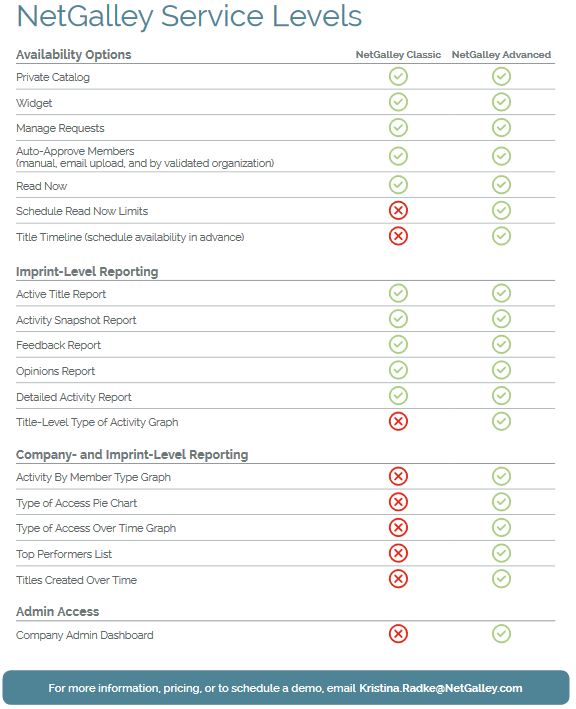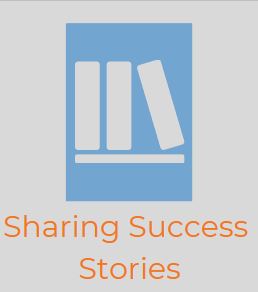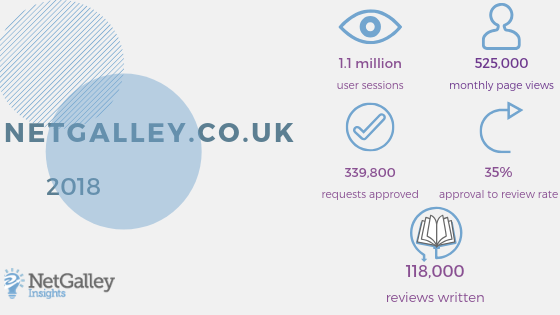Data-driven discovery and trend predictions, plus what success looks like for books in 2019
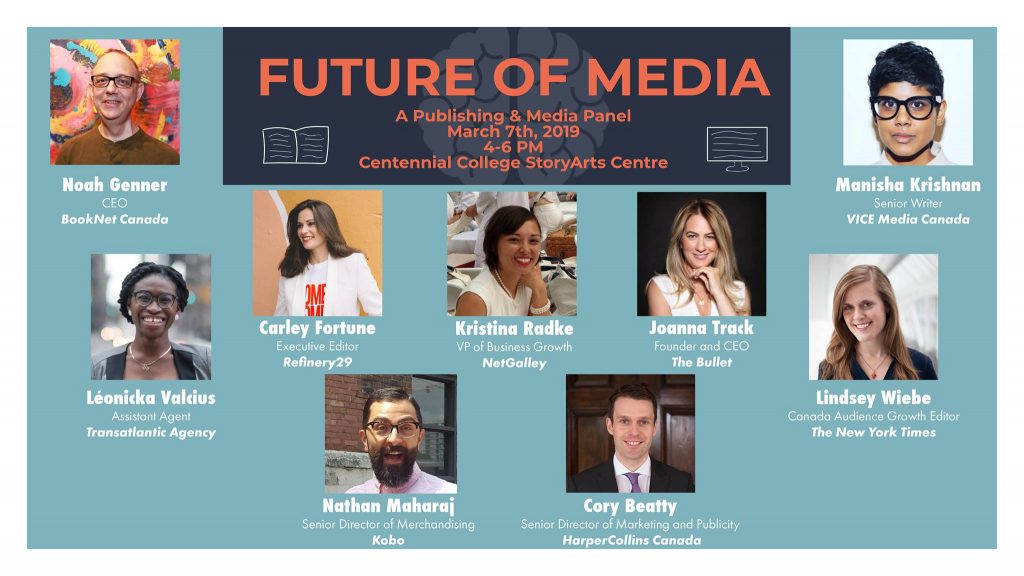
On Thursday, March 7, NetGalley attended Centennial College’s Future of Media panel in Toronto. This mini conference features a larger discussion about the media landscape, with a specific panel to focus on publishing. With moderator Manu Vishwanath of Harlequin, the Future of Publishing panelists talked about how to incorporate data into decision-making and how to think about gaining the attention of an audience with limited time and budgets in an oversaturated media landscape. Here are some of the takeaways that we’re bringing with us into the future.
Panelists
- Cory Beatty, Senior Director of Marketing and Publicity at HarperCollins Canada
- Noah Genner, Director of BookNet Canada
- Nathan Maharaj, Senior Director of Merchandising at Kobo
- Kristina Radke, VP of Business Growth and Development at NetGalley
- Léonicka Valcius, Assistant Agent at the Transatlantic Agency
The Future of Discovery
At NetGalley, discovery is one of our favorite words. Connecting readers with new books and new authors is the name of our game, and the panelists were just as passionate about this topic as we are.
While discovering the “next big thing” has always been a publisher’s dream, the reality of this actually happening seems to be getting slimmer every year. Not only are there more publishers who are publishing more books, there are hundreds of thousands of books being self published, and the global marketplace seems to promise that anyone with a talent for writing can make big on their own under the right circumstances. But publishers and authors need to work extra hard to retain a reader’s attention. The panelists discussed the pressing question: How?
Director of BookNet Canada Noah Genner opened up this conversation with data. He noted that leisure spending has not gone up and neither has the rate of leisure reading. This means that readers are struggling to prioritize enormous amounts of content without the time or money to spend on it.
To combat this, Genner told the audience that it’s more important than ever for publishers to have a voice and a brand that stands above the rest. Whether this means developing a niche, like Second Story Press, whose books with strong female leads and themes of social justice sets them apart, or running a smart and snappy Twitter account like Coach House Books, it’s your brand–not necessarily the next blockbuster book–that keeps readers returning for more.
Kristina Radke, VP of Business Growth and Development here at NetGalley, added that in order to make your book succeed, it’s crucial to not just look at a variety of KPI’s and early data, but to actually make time to understand it. There will always be multiple points of data that can be collected pre-publication–like the information on NetGalley’s Title Feedback Activity Page–but without taking the time to understand that data and change your plans based on what you learned, it’s never going to make an impact on the success of your book.
Focusing on the end users, Senior Director of Merchandising at Kobo Nathan Maharaj said that publishers should focus more clearly on appealing to readers who don’t have time to sit down for focused reading, through audio. Audiobooks can help rope in customers that don’t necessarily have the leisure time, but are still interested in the story format and do have the leisure money to spend on books.
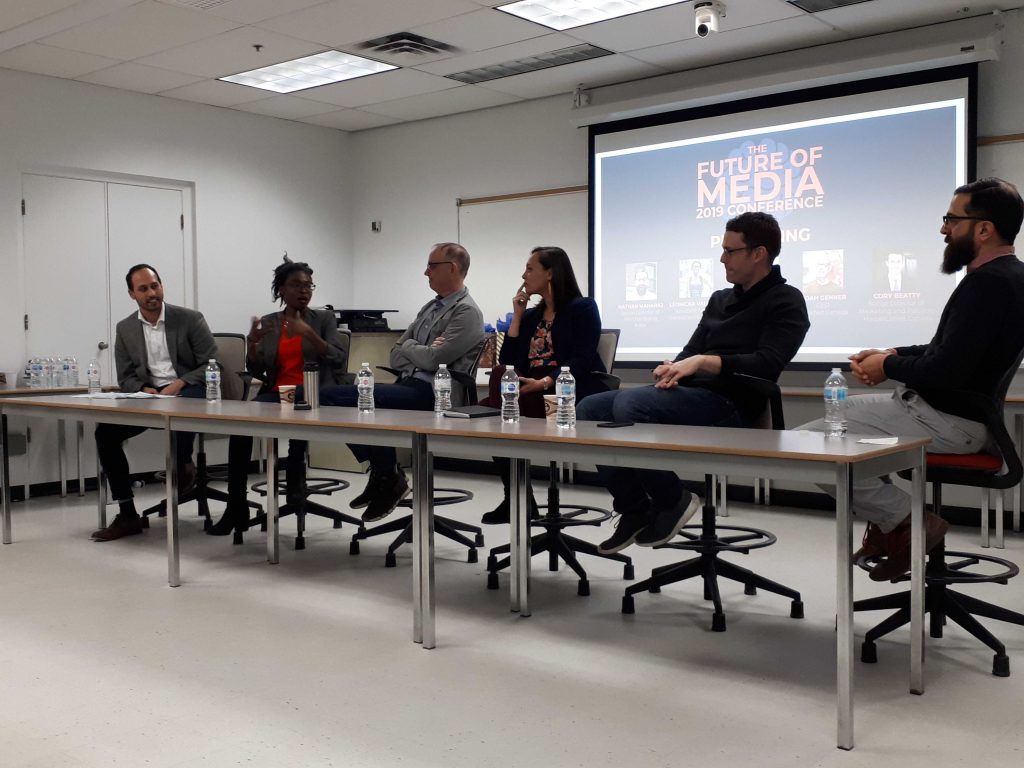
The Future of Book Trends
On a panel predicting the future of publishing, it’s only natural that the conversation steered toward predicting future trends. Léonicka Valcius, Assistant Agent at the Transatlantic Agency, said that books are a cultural artifact that reflects society as a whole, and by reflecting on the events of today we can predict what trends will pop up in the next few years.
Take, for example, the dystopias of yesterday which became popular as the world experienced great political and economic upheaval. Now, we’re seeing a surge of “up-lit”, which emphasizes kindness, empathy, and happy endings. As consumers, we’re now looking for books that show us the light at the end of a long, dark tunnel.
Valcius also praised the data when trying to hone in on the trends of tomorrow. With all of the data that’s available to us digitally, finding what works is the challenge–but also the opportunity. While we may have a book that will only sell 200 copies throughout its lifecycle, with that data we can now predict what type of reader will buy those 200 copies and market accordingly.
The Future of Success
It is, of course, every publisher’s and author’s goal to see their books succeed. However, as Noah Genner was quick to point out, there are different kinds of success, and it’s important for anyone in the publishing industry to evaluate their standard for what success means.
Senior Director of Marketing and Publicity at HarperCollins Canada Cory Beatty said that he regularly needs to set expectations with the authors he works with. Sometimes authors may be frustrated that their books aren’t immediately being buzzed about in major newspapers, and yet the marketing team for said book has been celebrating for weeks at the successes it has seen, whether hitting modest sales goals or generating consumer interest on Goodreads.
Kristina Radke returned to the data conversation, piggy-backing on the ideas about anticipating trends. Modern capabilities are making it easier for new players to join the game. For instance, Wattpad Books is launching a new imprint that will use machine learning to help predict the next hit story and further develop content from their site.
Keep up with the rest NetGalley Insights coverage of industry events, plus publishing trends and interviews, by subscribing to our weekly newsletter!


